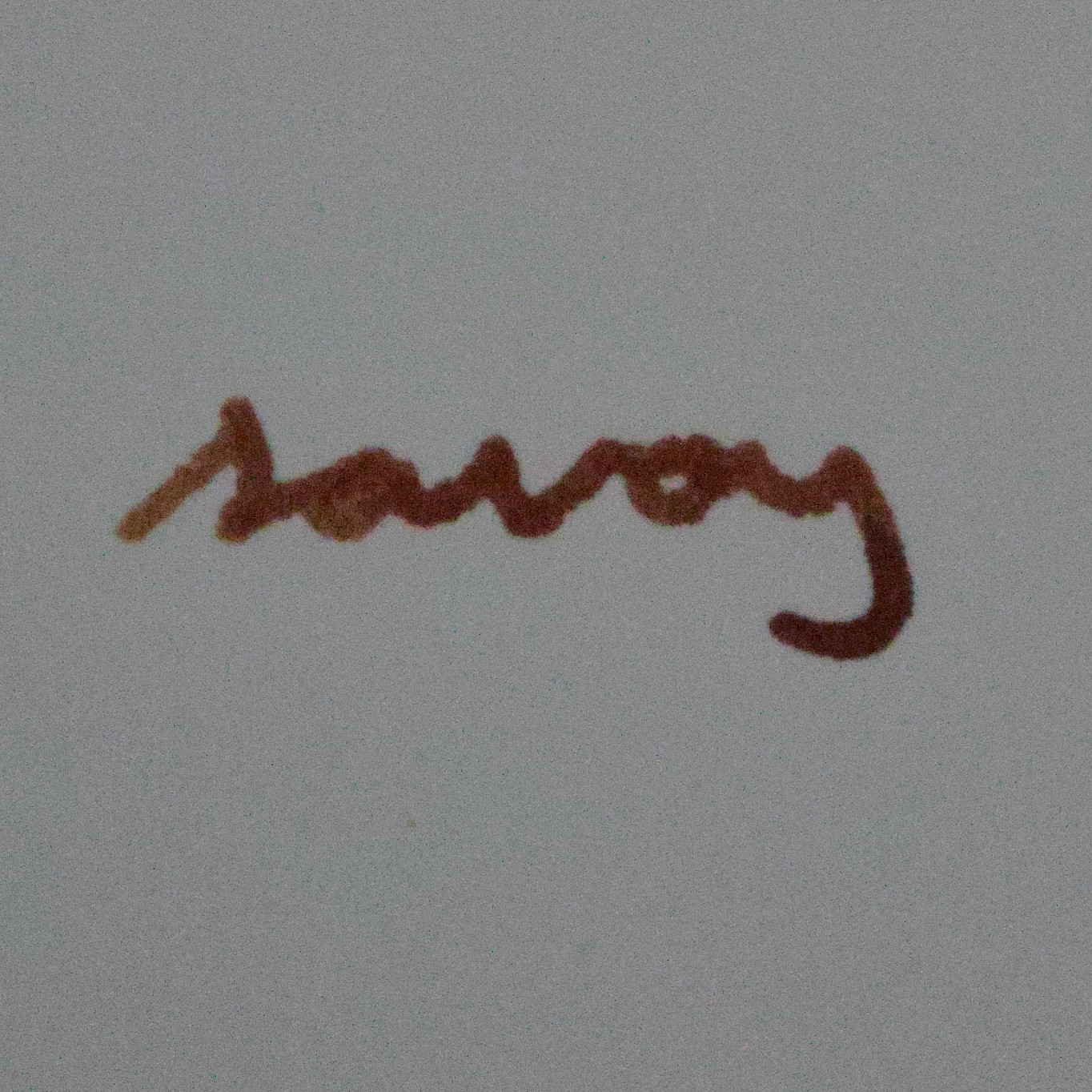They seem to be fundamentally at odds, or i don’t understand something
NFTs are the attempt to secure “scarcity” in digital commodities. There’s an absolute guarantee that the ruling class would love to NFTize everything it could online in order to profit off of things that instead could be digitally copied and redistributed endlessly.
Fortunately they are entirely useless because anything digital can be easily copied.
…until Intel, AMD, and Arm build nft rights-verification into the CPU.
!remindme +15 years?
Don’t need to. Dell already locked their CPU, so CPUs in their servers can only work on their motherboard. Valve try to ship their anti-cheat code to our linux kernel. Don’t you see it? They tried to lock down everything.
They are also used represent other nonfungile things for example the are used to represent LP positions in uniswap and other DEX’s or name’s with ENS.
Etherium is open-source, so on the surface, there is some common ground.
Technologically speaking, NFT’s are just a way of publishing a claim of ownership. Pretty much all FOSS licenses explicitly express ownership of the code, and then outline the acceptable terms of use. I don’t see the two as conflicting in that way.
However, the respective communities, are seemingly quite different. FOSS developers are seemingly more concerned about the benefit of the general public than making money. Whereas NFT creators are primarily interested in making money. They are like oil and water in this regard, but that’s not always the case.
deleted by creator
A virtual and anonymous economic system is the wet dream of any capitalist. With this they no longer have the need and inconvenience of having to look for a tax haven.
How will the United States kill 600,000 Iraqi citizens though, if they can’t claw away enough tax revenue to buy the bombs?
prison labor
No you’ve basically got it right. Foss is about expanding common property. Nfts are about expanding private property.
Common vs. Private. You summarized this perfectly, thanks.
I wouldn’t call NFTs a movement. I reserve that word for phenomena that attempt to drive positive social change. NFTs are just a natural product of the digital scarcity that blockchains provide. There is some overlap between FOSS and NFTs in that they share some technology and process. Both depend entirely on the internet. There are some shared motivations some that are unique to each but they operate in such different ways that I don’t see the comparison as being very useful.
I would suppose so. The free/libre software movement (I don’t care about open source or FOSS) is at its core the abolishment of artificial scarcity and the empowerment of technology users to control their own computing, whereas NFT’s seem to be a convoluted scheme for creating scarcity in digital goods.
I’m not sure I understand how they create scarcity. This isn’t the Wu Tang album… everything put into an NFT has, as far as I know, had another copy out there that anyone could get ahold of. Am I wrong?
Indeed they don’t. NFTs are a bit like an immutable record of the intention of the original artist to transfer the copyright of a work, but since this isn’t legally recognized anywhere all it really proves is that someone claiming to be the original artist made a hash of a file and a hyperlink to it and uploaded that to a block chain.
correct. and a copy of a digital item diminshes the value of the original. It is like selling an empty box and then the fool who buys it brags that he bought the most exquisite item that is invisible! Yes, invisible is so rare, like a precious stone, but even more rare. its stupid. But, value is often in the eye of the beholder. Most items both free and of charge are overvalued (again, value is relative). FOSS is usually undervalued (except it can waste/cost precious time).
Instead of paying you x crypto for that gadget, I will trade you my NFT for it.
That’s what an NFT is. Doesn’t really do anything with open-source.
There’s a key difference: nfts deal with ownership on the blockchain, whereas foss deals with ownership legally. Nfts are just a token and a url. Turning an anything into an nft just means you have certificate saying you own the original “authentic” copy, but in no way limits people from viewing, modifying or distributing the source.
In a lot of ways, NFTs bear a strong resemblance to DRM - except that many in the NFT community will argue that the content of the NFT isn’t actually the important part.
It’s like they actually buy the DRM itself, because that is what accrues value, with little consideration to what the DRM holds.
Yes it must be opposite because FOSS is productive, good for society, and engages smart people…













